Flight 23.1 marks the turning back of the clocks. In doing so, something is lost, something grieved. Yet the pieces in this flight come at what is left and leaving from different angles, creating a kaleidoscopic sense of transformation and change. The poems, stories, and essays are a vibrant testament to what we let go and how we survive.
There are also a number of interviews and reviews, which bring attention to the vital work of talented writers, including Ananda Lima, Donato Loia, Jess Bowers, and Heather Treseler.
Cliff Tisdell’s art locates the extraordinary within the ordinary, providing a visual groundwork that allows our contributors’ work to take flight.
Here is a brief overview of what you can expect:


Lauded Southern Gothic author Carson McCullers spoke of “divine sparks,” illuminations that led her down the right creative paths in her stories. In 2019, while struggling with plein-air studies of McCullers’s gothic house in Nyack, New York, visual artist Cliff Tisdell experienced a divine spark of his own. The result is a series of paintings in McCullers’s honor that offers a warm and imaginative look into the life and mind of a unique American voice, a writer who was, as Tisdell points out, well ahead of her time.

Ira Sukrungruang’s “This Body Can Hardly Contain” is a poem of resilience. A resilience seemingly bred from necessity, as he states, “If I give in I fear / what may come, a shadow / without name.” Though the speaker seems to be at capacity when “someone asked how / I was today and I heard, instead, / who was I. I don’t know, I said.” Sukrungruang masterfully encapsulates the tightrope balance of emotion—of sorrow, of death—we are often forced to traverse within this penetrating poem.

“I remember how it felt to cry as a child. The acoustics of my cranium.” Kristin Emanuel aims not to define the pain we feel, but of how we can transcend that pain through poetry and meaning in “A Poetics on Precarity.” Through the voices of other literary critics, Emanuel rationalizes the death of her pet canary through the immortality of literature; through it, all things are alive, from extinct animals to her precious companion, all the while she holds his ashes in her lap.

“I have to be cold, / otherwise I’ll cling to you” writes Catherine Pond, in her poem “Swimming in a Glacial Lake, Late Autumn” which delves into the past, weaving through longing, nature, and childhood, toward peace. Pond’s precise couplets ease through the undulating emotions within, as we experience the speaker’s growth, from someone who “turned / every love object into an enemy,” into someone who accepts “what’s heavy sinks, what rises remains with me. Which is / lightness.”
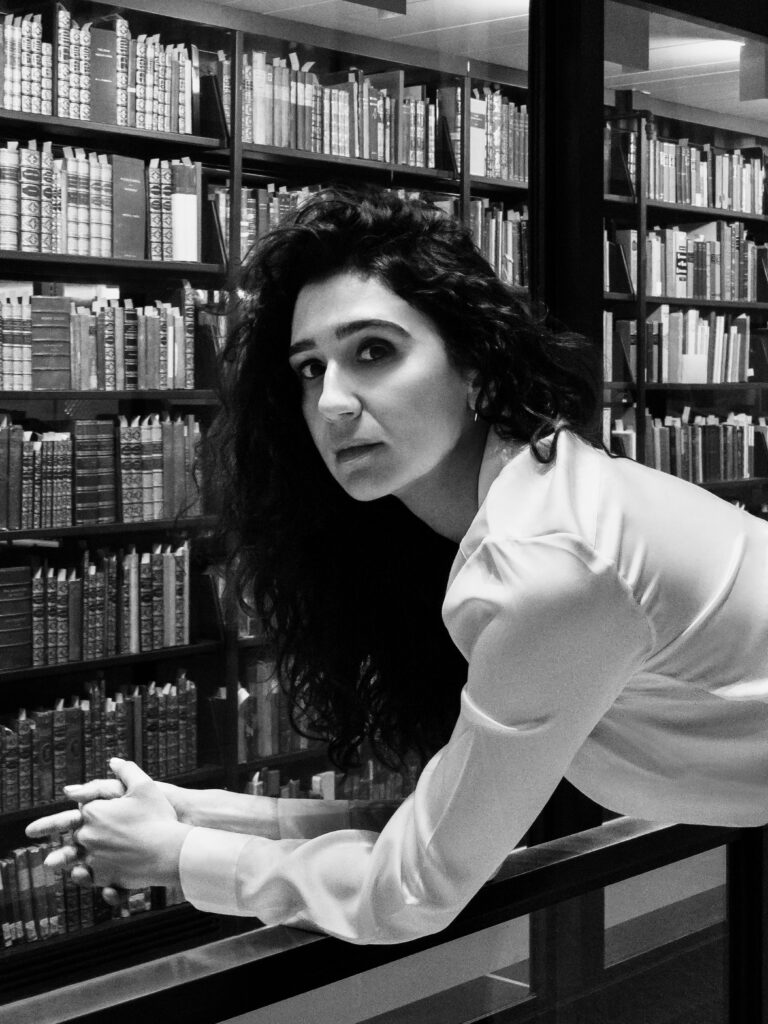
The Levis Loop features several poems from Elisa Gonzalez’s debut collection Grand Tour. Throughout the selected poems we glean how grand Gonzalez’s command of narrative storytelling within her poetry is, such as in the poem “The Night Before I Leave Home,” in which the speaker’s brother features heavily. The closeness of their relationship is emphasized through their shared survival of an abusive father, and by moments of tenderness such as: “By the time the tow truck rumbles up, it’s well into dawn. / We are giddy—like children / who have played a game so wholly they have forgotten / the rules of the real world.” This loop also features a new poem from Gonzalez, “La Belle Dame Sans Merci,” which touches on the narrators’ dual relationship as both wife and writer. She states “Soon I’ll be a divorcée. Not a good wife / to my husband, though I coddled / his writing more than my own.”
Featured as part of our Levis Loop, Professor Gregory Donovan’s essay “Taking up ‘The Space’ in Larry Levis” analyzes “The Space,” a poem by Levis he notes “is a meditation on the space we humans occupy in our lives, as well as the emptied space we leave behind when we die.” In his essay, Donovan provides a view into some of Levis’s daily life when he lived in Church Hill, Richmond, and worked as a professor at Virginia Commonwealth University. He states Levis “seldom had a functioning car, so he often walked or sometimes rode the bus home, enjoying encounters with all manner of people.” He reckons it was these daily commutes as well as his passing of the historic plaque at Bell Tavern—which spurred Levis’s anger at the “genocide” of wars—which helped him write the “The Space.” Donovan notes that the poem also includes “quasi-religious allusions to the ‘resurrection’ of the body and the ceremony of the ‘communion host,’” images Levis drew on from his Catholic upbringing.
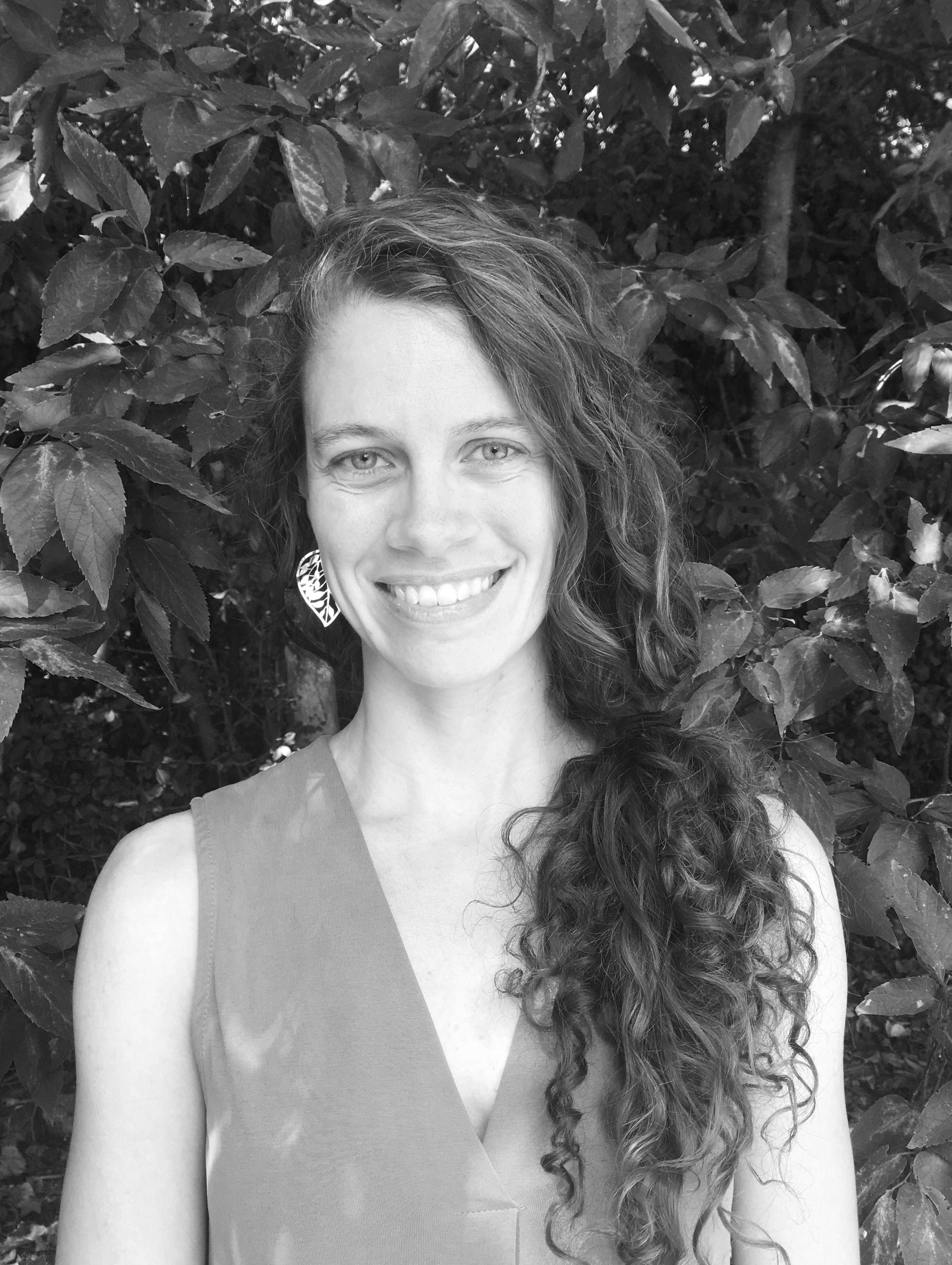
Lindsay Stuart Hill’s “Talismans” explores the past through eight talismans which highlight different moments from the speaker’s childhood, all connected through nature. Hill’s striking use of spacing and lineation supply each stanza with intriguing shape and surprise. The poem is infused with notable images and coming-of-age moments such as when the speaker swam in the river with a friend “chicken-boned goose-fleshed flat-/ chested we tucked / under the murk-dark” as boys watched them.

David Roderick’s poem “Rabbit Rabbit,” is a memory intertwined with nature and technology. We encounter the speaker’s former pet rabbit Thump, who when freed from its cage and allowed to roam in his Mother’s garden remembers how to leap. The speaker’s daughter who, as a way of imbuing them with good luck, would whisper “Rabbit Rabbit,” on the first day of the month. The poem illuminates the connection between the two: “a rabbit is a perfect / creature familiar and warm like a small child.”

Through layers of nuance, Alice White’s “On our last family vacation,” uses the blanket of a swim gone wrong to hide the secrets of a struggling family. White’s impeccable diction hints at themes of escapism and isolation in a faltering home, “invisible under cover / of a whitewater ceiling of bubbles.” The panicked feeling of drowning bleeds through the lines and carries the burdened knowledge that anything must be done to survive.
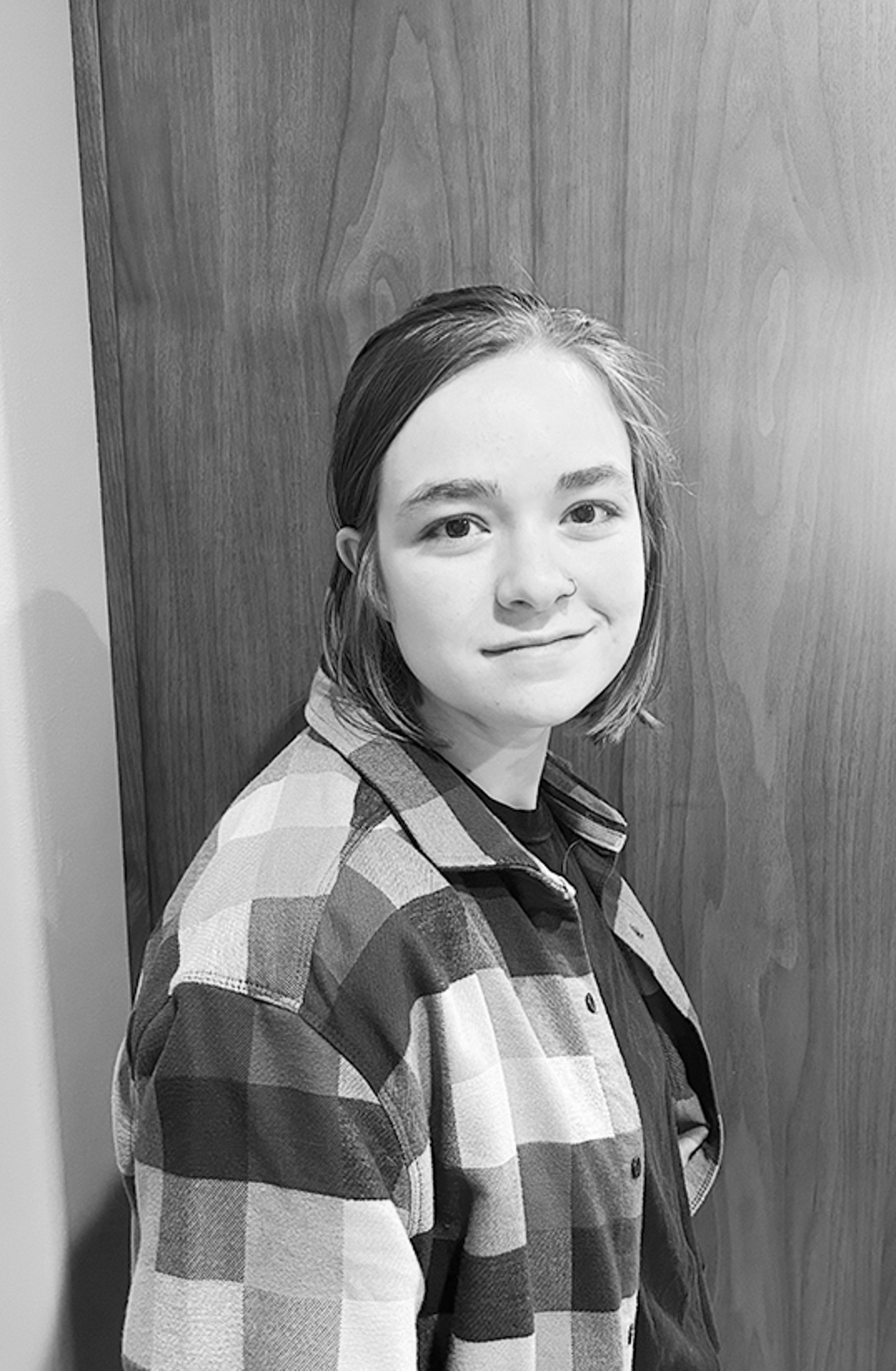
Mags Kingston’s “Not Yours to Grieve” depicts a young hospital janitor disinfecting a labor and delivery room, compartmentalizing the short-lived life that she bore witness to. With blunt description and so much heart, Kingston’s desire to make sense of a brutal entrance and exit to life itself is harrowing, and chock-full of empathy for “the two-fold harmony that belongs to a mother and a newborn baby.”
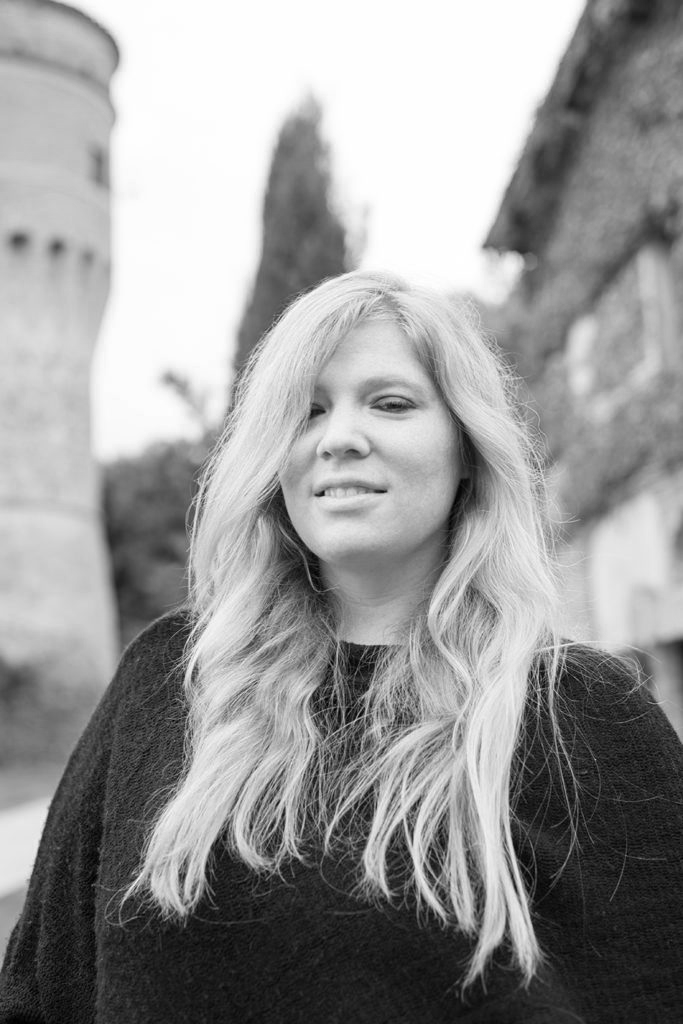
“The situation is that he’s dead. This will not change. Cannot. The story, you might think, is that he killed himself.” Grief is the focal point in “The Situation and The Story” by Kimberly Grey, weaving us through the ways we internalize and process it through rationalization. The shifting perspectives trying to make sense of such unspeakable loss culminate into something deeply intimate, yet universal, when it comes to that grief. We know what happened, now we must ask ourselves “why?”

For David Loeb, life is fragile, which is why we grieve. “On Remembering Grief” puts the adult in the shoes of a kid, reflecting the naivete and hope of childhood, only for it to be stripped away as innocence becomes lost. While Loeb himself goes through the loss of a pet, everything soon pales in comparison to becoming witness to his best friend becoming morphed and ruined by grief. “The boy I knew was buried somewhere and someone else emerged, returned different, a body just adrift.”

CD Eskilson gives a glimpse into Nordic literature through their translation of “The Low Shore” by Edith Södergran. Through descriptions of nature and a lack of bodily permanence, “The Low Shore” gives a realization that nothing lasts forever, that “everything dies and offers no laughter.”
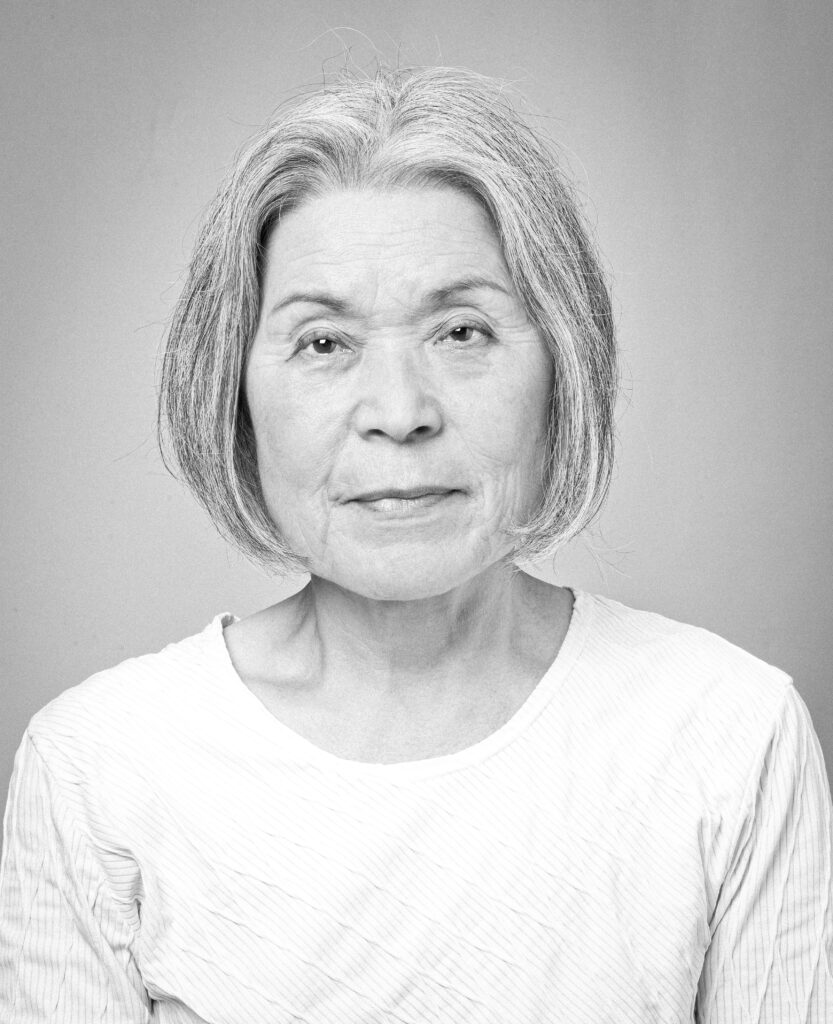
Drenched in the pains of loss, Sekyo Haines’s translation of Cho Ji Hoon’s “Exile” is flooded with the hardships of war. Haines’s intricate images of blood, death, and starvation chip away at the hope for salvation, even reducing the fallen soldiers to sips of wine, “At night, when his departed youth returned into his wine glass, outside, it was raining on the gashes of his beloved stallion.”

Haunting and poignant, Ali Householder’s “Homebody” explores grief’s manifestations, taking us to darker corners of the psyche that teeter “on the precipice of the unreal.” We watch as the main character leaves her small Appalachian hometown after her mother’s death to move in with her girlfriend. But, there’s something strange peeking through the woods, in the tire, on the road… Householder’s knack for merging visceral dread with “golden like spun honey” moments of two women in love walks the line between despair and hope.
In Interviews: Leslie-Ann Murray interviews Ananda Lima, author of Craft: Stories I Wrote for the Devil. Anna Vilner interviews Donato Loia, author of 1095 Short Sentences. Josh Galarza interviews artist Cliff Tisdell.
In Reviews: Elisa Gonzalez’s Grand Tour reviewed by Julia St. John. Heather Treseler’s Auguries & Divinations reviewed by Kate Partridge. Jess Bowers’s Horse Show reviewed by Jenn Blair.